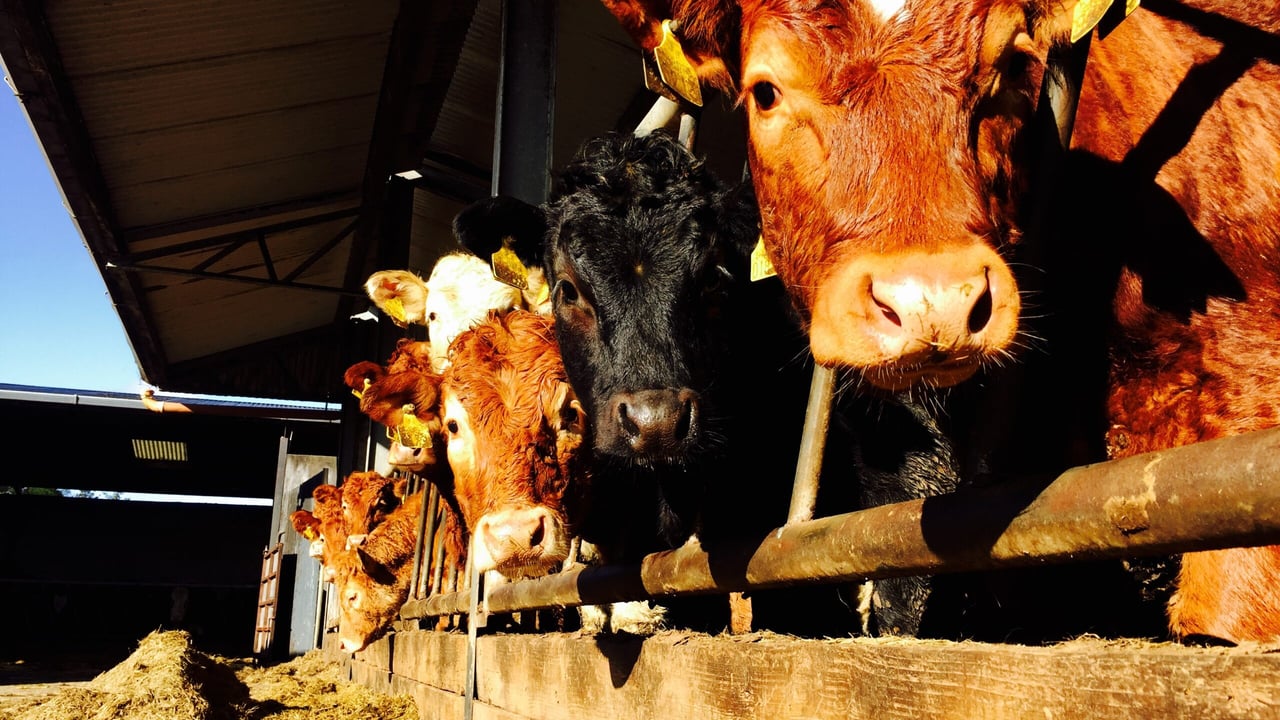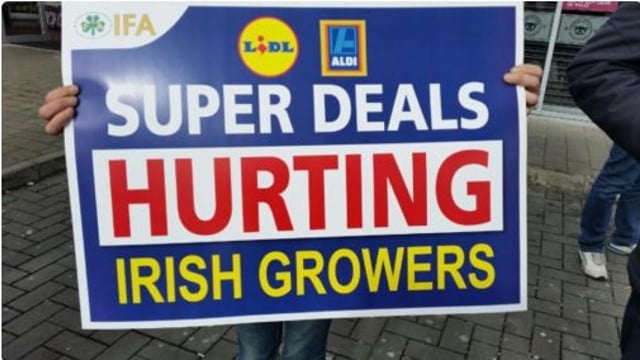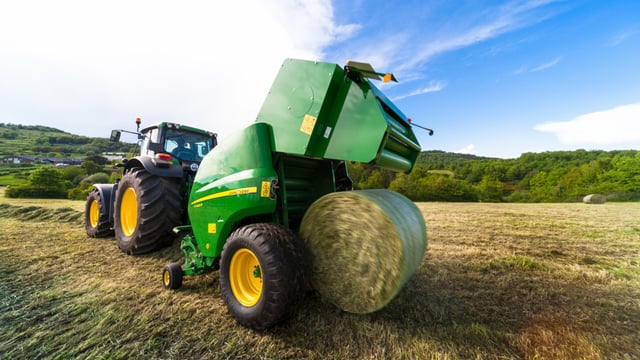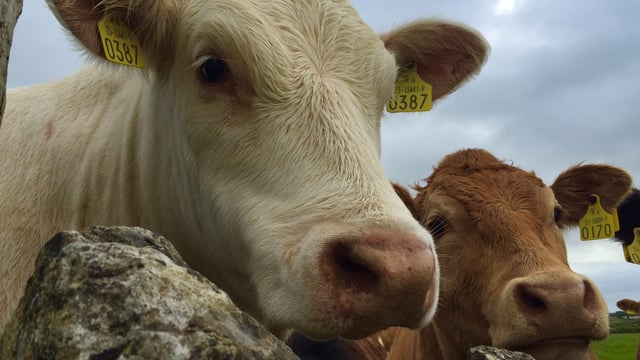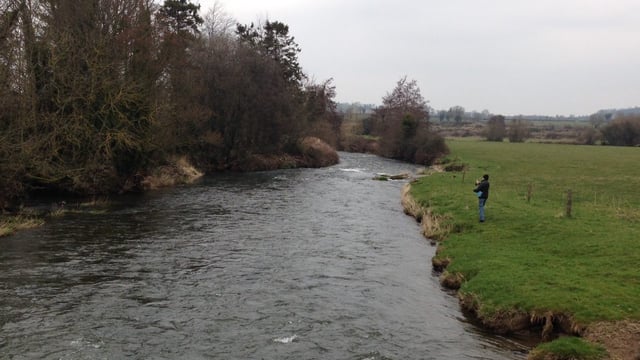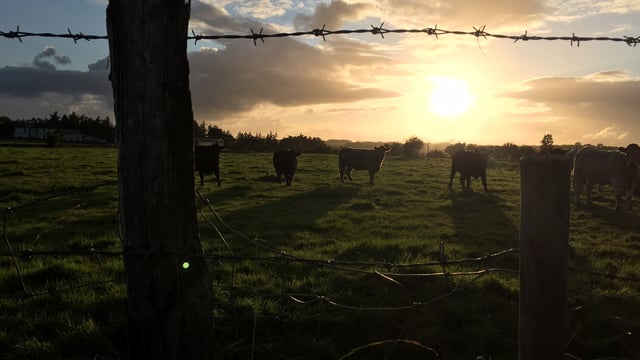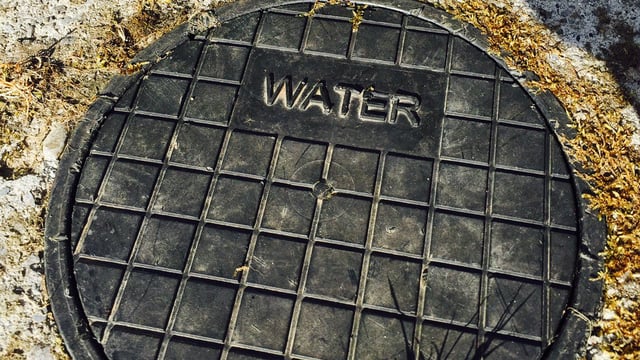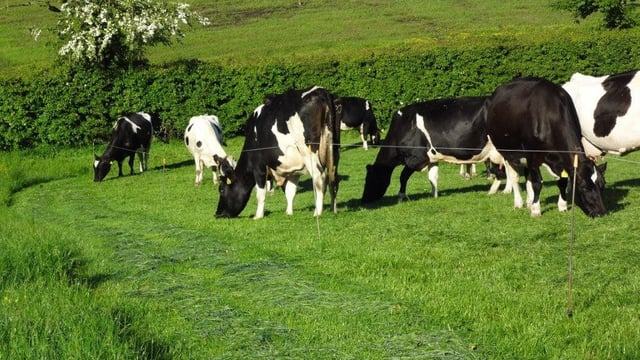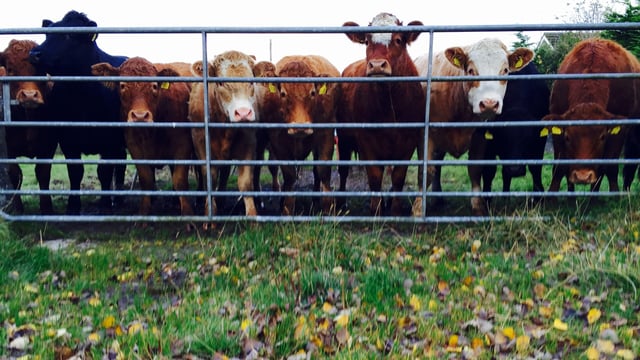Ireland set to miss its greenhouse gas targets as agriculture emissions rise
Environmental Protection Agency figures released today show that Ireland is unlikely to meet its 2020 EU greenhouse gas emission reduction targets.
It highlights projected increased emissions from the agriculture sector as a key driver impacted by the Government’s Food Wise 2025 Strategy.
Agriculture is projected to account for 47% of Ireland’s emissions from the non-Emissions Trading Scheme (non-ETS) sector. For the period 2014-2020, agriculture emissions are projected to increase by 6 – 7%.
Ireland’s EU target for 2020 is to reduce greenhouse gas emissions from the non-Emissions Trading Scheme (non-ETS) sector by 20% on 2005 levels. The non-ETS sector covers emissions from agriculture, transport, residential, commercial, non-energy intensive industry and waste sectors.
However commenting on the figures, Laura Burke, EPA Director General, said the agriculture, forestry and land use sectors should achieve effective greenhouse gas emissions neutrality by 2050.
“This will take planning, investment and time but can be achieved in the overall framework of national, EU and global commitments,” she said.
The latest projections show that:
- Ireland’s non-ETS sector emissions are projected to be 6 – 11% below 2005 levels by 2020, compared to the 2020 target of 20% below 2005 levels;
- While there is overachievement of annual obligations in the early years of the compliance period (2013-2020), this will not be sufficient to allow Ireland to cumulatively meet its compliance obligations. Ireland is expected to breach annual obligation targets in 2016 or 2017, depending on the level of implementation of emission reduction policies and measures;
- Full implementation of policies and measures out to 2020, including current targets for energy efficiency in our homes and businesses and increasing renewable fuel use in transport and heating, will not be sufficient to meet 2020 emission reduction targets;
- Projected increased emissions from the agriculture sector (impacted by the Food Wise 2025 Strategy), and growing transport sector emissions, dominate the projected emissions trend.
Transport emissions are projected to show strong growth over the period to 2020 with a 10 – 16% increase on 2014 levels.
New obligations for Ireland to reduce greenhouse gas emissions for the years 2021-2030 are being negotiated at EU level in 2016. The further away Ireland is from the 20% reduction target in 2020, the more difficult the compliance challenges in the following decade are likely to become.
Laura Burke, EPA Director General also said that Ireland’s economy is beginning to grow again and we must balance our focus on growth with a focus on becoming more sustainable and reducing emissions.
“The adoption of the Paris Agreement on climate change in December provides an ambitious, legally binding framework for global action on Climate Change.
“In addition Ireland has taken a national policy position that commits us to reducing our carbon emissions by 80% in 2050 on 1990 levels across the electricity generation, built environment and transport sectors while achieving carbon neutrality in the agriculture and land use sectors.
“However EPA projections indicate that we face considerable challenges to become a low carbon economy. Ireland must follow a pathway to decarbonising energy, transport and heating. We must break our dependence on fossil energy infrastructures,” she said.
